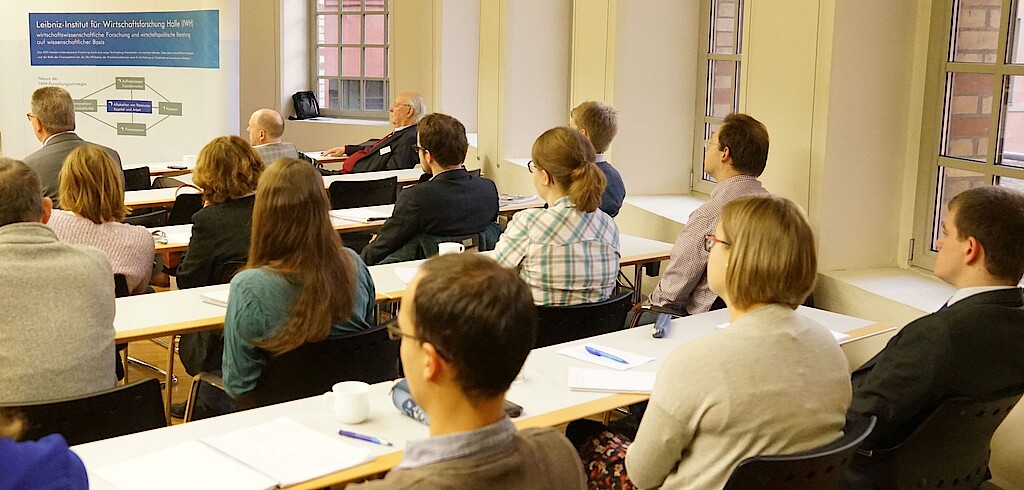
14:15 - 15:45
Political Relations and Intellectual Collaboration: Evidence from the Global Innovation of US Multinational Corporations
This paper finds that worsened bilateral political relations between the US and foreign host countries harm the innovation of US multinational firms that conduct offshore R&D.
Wer
Wo
This paper finds that worsened bilateral political relations between the US and foreign host countries harm the innovation of US multinational firms that conduct offshore R&D. This is primarily because poor political relations hinder the collaboration of international inventors. We employ a difference-in-differences model based on the Iraq War as a shock, which reshaped the US’s political relations with France and Germany, to draw the causal inference. Teams including inventors in foreign countries that oppose the Iraq War generate fewer valuable patents and have a higher likelihood of dissolution than teams of researchers in countries supporting the war. Researchers residing in countries that are politically divided from the US file fewer and less valuable patents than other researchers. Poor political relations also hinder the international migration of inventors. Moreover, the adverse effect of political relations on offshore R&D has a negative spillover effect on onshore R&D through the co-inventor network. Overall, poor political relations between countries hurt both onshore and offshore innovation output.
To join the lecture via ZOOM, please contact Melina Ludolph.
Ihr Kontakt

Forschungsgruppenleiterin
Für Rückfragen stehe ich Ihnen gerne zur Verfügung.
+49 345 7753-773 Anfrage per E-Mail



